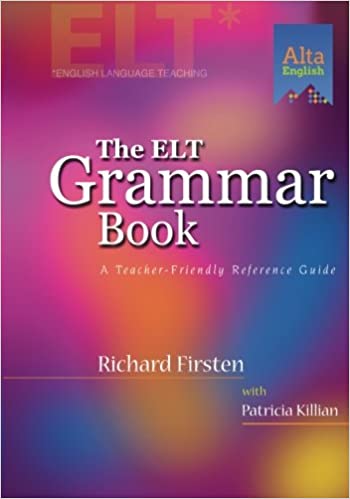You probably have learned in language that sometimes the rules aren’t always clearly defined. The same can certainly be said of language usage in the TOEFL. Sometimes there are what we call “Gray Areas,” meaning the rules aren’t as clearly defined as you’d like. Below are what I’d say those areas are.
Can I use contractions?
Contractions (don’t, it’s, and I’m, for example) are a frustrating thing. We use them all the time, but as a general rule, not in writing. Of course, in informal writing, we use them all the time—just check out any of these blog posts or any modern novel. But in an academic or professional context, contractions can make you seem flippant, blasé, and even uneducated. They have the same effect on the TOEFL essays, so avoid them then. In the speaking section, however, avoiding contractions will make you sound too correct, and the rhythm and fluency of your language will suffer. So although you want to stick to formal English in your essays, try to speak as naturally as possible. As long as you use them properly, colloquialisms like informal transitions (“I mean…,” for example) and contractions will not hurt you in the speaking section.
Split infinitives
Unlike in many languages, English infinitives are made of two words: “to” and a verb stem, such as “run” or “eat” or “quibble.” Many grammar teachers say that it’s incorrect to split the infinitive—that is, to add an adverb between “to” and the verb stem. Such people tremble at sentences like this: “I hate to rudely interrupt you, but your grammar is atrocious.” They would put “rudely” after “you” so that “to interrupt” remains intact. Fortunately-unfortunately, the ban on split infinitives is basically bogus. In a nutshell, it derives from the fact that in Latin, infinitives are made of a single word, and therefore cannot be split. Way back when, some people thought that correct English should resemble Latin as closely as possible, an idea that most grammarians today find ridiculous on more than one level. Nonetheless, some people still swear by the rule. So what do you do? When possible, err on the side of caution by avoiding split infinitives on the TOEFL; in other facets of life (there’s life outside of the TOEFL!), split to your heart’s content.
Beginning sentences with conjunctions and ending them with prepositions
Like split infinitives, the topics of starting sentences with conjunctions (but, or, and, so) and ending with prepositions (about, over, for) are hotly contested. I’ll go ahead and nip the first one in the bud: on the TOEFL, avoid starting sentences with conjunctions. Although it’s not a mechanical crime, if you do it repeatedly on the test, it may begin to affect your score. The issue of prepositions is a little trickier, although I’d likely give you the same advice for that.
Winston Churchill is (probably illegitimately) known for performing great gymnastic feats in order to avoid prepositions at the ends of his sentences. A well-known (but not necessarily true) quotation has him reacting to the absurdity of the very rule we’re discussing: “That’s a rule up with which I will not put.” Back up and read it again. And again. “That’s something I won’t put up with.” Wasn’t that easier? When you’re being graded on your grammar, avoid putting your prepositions at the ends of your sentences simply because you don’t know the preferences of your raters. If, however, you find yourself in a sticky spot, know that ending with a preposition doesn’t break a cardinal rule.
Communication comes first
Don’t get so caught up in grammatical nuances that you forget to communicate. It’s far better to turn in a well-thought-out essay that clearly makes an argument despite some mechanical problems than to submit beautifully-crafted drivel. Focus on making your point, and if you find yourself in a quandary about usage, either circumlocute or choose the variant that will make your reader’s life as easy as possible, even if it requires bending a minor rule of mechanics.





